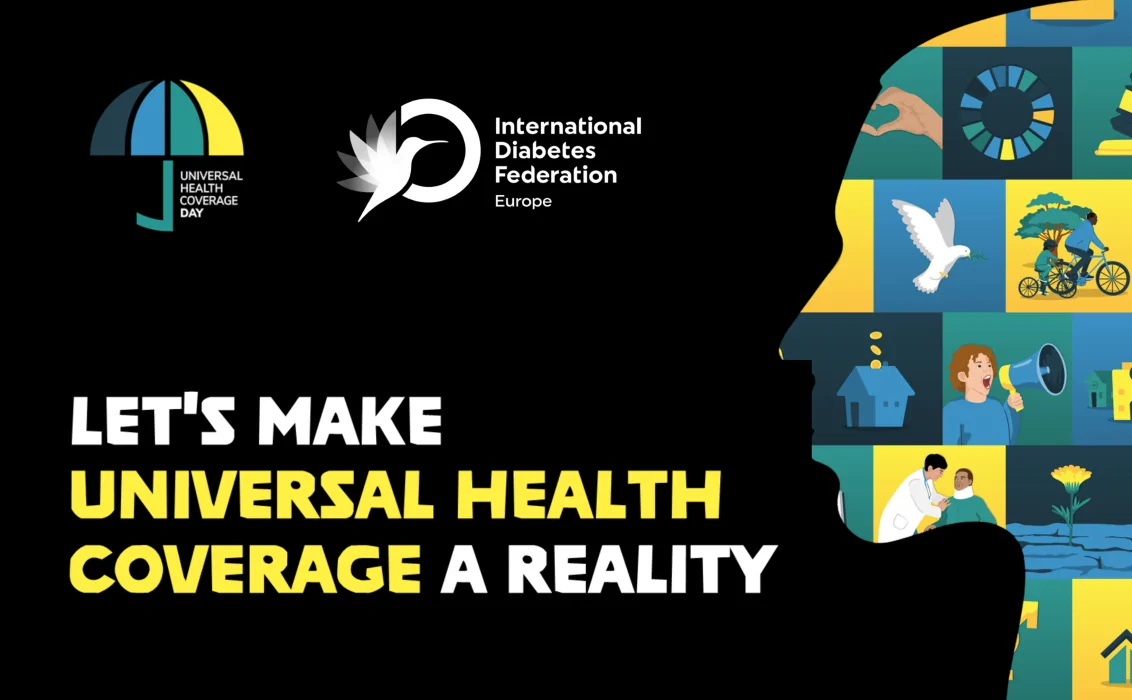When paradoxes become health issues
Brussels 20 May 2017: While healthy lifestyles are becoming gold mines and gold standards for the media, the majority of Europeans don’t follow the advice and governments are lagging behind to stop the rise of obesity
Our societies are driven by paradoxes
While sportsmen are becoming worldwide icons and their achievements are available 24/7 on TV and internet, the level of physical activity is decreasing dramatically everywhere in our region. Recent figures1 indicate that six in ten EU citizens over 15 years of age never or seldom exercise or play a sport and more than half never or seldom engage in other kinds of physical activity, such as cycling, dancing or gardening. At the same time, the median sitting time of adults in Europe is five hours per day2, and sedentary lifestyles are a known risk factor for several chronic diseases. This situation is unfortunately similar elsewhere in Europe.
While cooking chefs are the rising TV stars with dedicated shows and channels, our eating habits are getting worse. Over a few decades, we have switched from home-cooked meals to ready-made processed food, where the content of e.g. salt, sugar and trans-fats is too high for good health, and from plain drinking water to sweetened beverages, which can regrettably be the most affordable option. This situation affects children, too: in some European countries, nearly 25% of their total daily energy intake comes directly from sugar.3,4
While fashion models are getting thinner and thinner, the physical norm in Europe is going the opposite direction: today in our region over 50% of the population is overweight or obese5. Two thirds of adolescents are insufficiently active, leading to overweight or obesity in up to 27% of 13-year-olds and a shocking 33% of 11-year-olds. Over 60% of these children will remain overweight in early adulthood.
National legislations should be driven by common sense
While countries such as France have adopted laws to fight extreme thinness6 in fashion models, most European countries are doing very little to fight against obesity at home. This is paradoxical as obesity is rising everywhere and is recognized as a chronic condition requiring long-term management by health organisations such as WHO7 and the Organisation for Economic Co-operation and Development (OECD)8.
Today, obesity is a major threat to our economy, our social life and health. Today, overweight and obesity account for 65% to 80% of the increase in the prevalence of type 2 diabetes. Today in Europe, 60 million9 people are living with diabetes and 32 million more are at high of developing it in the coming years. Diabetes and its complications lead to devastating personal suffering. They also represent a considerable economic burden in every country. In 2015, €145 billion was spent on direct costs to treat diabetes, and when the incidence of diabetes rises, so does the requirement and expenditure for healthcare; furthermore, an unhealthy population cannot fulfil its potential to contribute to the economic development of their country.
Today on European Obesity Day, IDF Europe joins the call of the European Association for the Study of Obesity (EASO) to tackle obesity at national levels. IDF Europe also encourages citizens who are overweight or obese to make the necessary changes to manage their weight and improve their overall health and quality of life – and reduce their risk of diabetes.
About IDF Europe: IDF Europe is an inclusive and multicultural umbrella organization of 70 national diabetes associations in 47 countries across the European region, representing people living with diabetes and healthcare professionals. Through our activities we aim to influence policy, increase public awareness and encourage health improvement, as well as promote the exchange of best practice and high-quality information about diabetes throughout the European region. We provide essential expertise and up-to-date evidence on diabetes, support awareness campaigns through a wide network of partners and stakeholders, and work with European and international organizations towards the development, implementation and monitoring of effective public policies for diabetes.
References
1http://www.euro.who.int/__data/assets/pdf_file/0010/282961/65wd09e_PhysicalActivityStrategy_150474.pdf
2 “European sitting championship : Prevalence and correlates of self-reported sitting time in the 28 European Union Member States”Anne Loyen & all, PloS Online 2016; 11(3): e014932
3http://www.who.int/mediacentre/news/releases/2015/sugar-guideline/en/
4 The World Health Organisation recommends a a reduction of the intake of sugar to less than 10% of total energy intake per day
5http://www.euro.who.int/en/health-topics/noncommunicable-diseases/obesity/data-and-statistics
6 http://www.bbc.com/news/world-europe-39821036
7http://www.who.int/nutrition/publications/obesity/WHO_TRS_894/en/
8www.oecd.org/els/health-systems/Obesity-Update-2014.pdf
9http://www.diabetesatlas.org/



